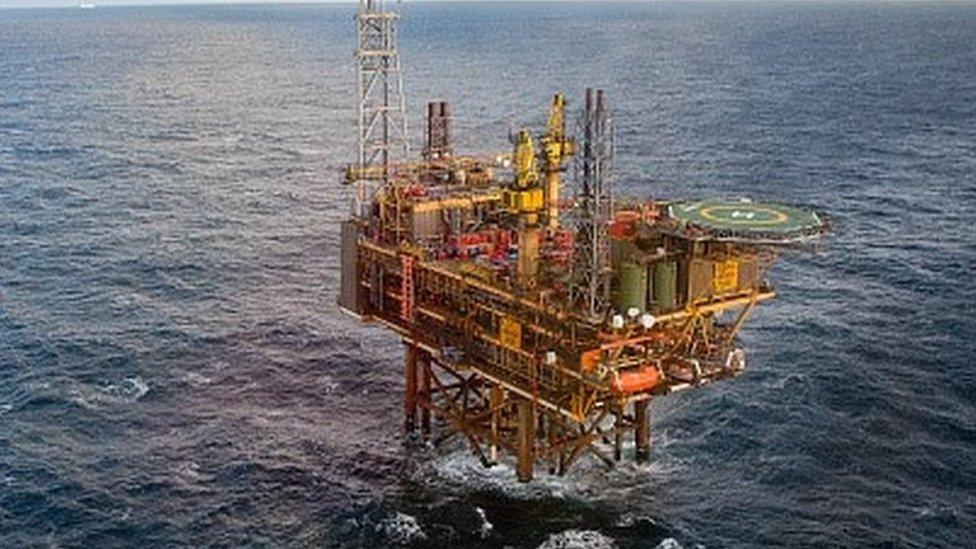Oil prices in reverse amid Opec call
- Published
Where will oil go from here?
Oil prices tumbled again on Monday, eroding last week's gains, as Opec called for co-operation from oil-producing nations outside the cartel.
Brent crude fell 6.3% to $30.15 a barrel following a 10% rise on Friday, while US oil shed 7.1% to $29.90.
The slide came as the head of Opec called for all oil-producing nations to work together.
Abdullah al-Badri said both Opec and non-Opec oil producers needed to tackle oversupply to help prices rise.
"It is vital the market addresses the issue of the stock overhang. As you can see from previous cycles, once this overhang starts falling then prices start to rise," he told a conference in London.
Despite the ongoing refusal of Saudi Arabia, the dominant Opec member, to cut production, Mr al-Badri nevertheless blamed countries outside the cartel for the huge global oil glut.
"Yes, Opec provided some of the additional supply last year, but the majority of this has come from non-Opec countries," he said.
Opec accounts for almost 42% of the world's oil production.

Analysis: Andrew Walker, BBC Economics Correspondent
What's an oil producer to do amid tumbling prices?
Ask everybody in the business to cooperate, it seems.
If you're Opec, that means asking non-members, such as Russia to join in with curbing production.
It must be said that the prospects of any co-operation from outside Opec are weak at the best of times.
But it has got harder in the last decade.
The surge in US shale oil means it is much more difficult to manage the market without American co-operation, which would never be forthcoming.
The US government wouldn't want to work with Opec, and in any case private companies are the ones taking the decisions.
They will cut if it makes commercial sense to them and their shareholders.
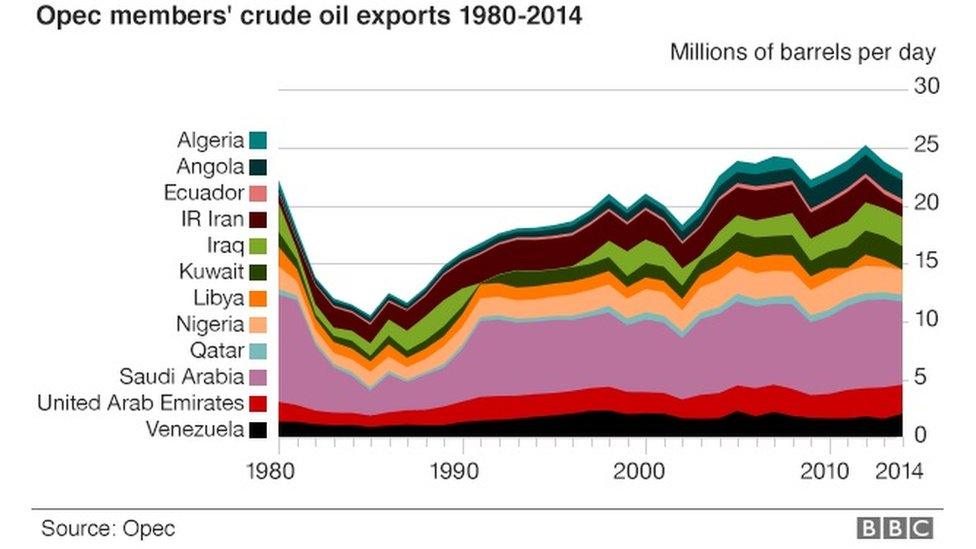

'Future at risk'
The Opec secretary-general said all major producers should agree on methods to reduce stockpiles and thus help prices recover.
"The current environment is putting this future at risk. At current price levels, it is clear that not all of the necessary future investment is viable," Mr al-Badri said.
Prices briefly fell to less than $28 a barrel earlier this month.
HSBC has lowered its forecast for the average price of Brent crude in 2016 from $60 to $45 a barrel, while UniCredit lowered it from $52.50 to $37 a barrel.
The prospect of Opec members cutting production remains unlikely. Indonesia's Opec representative said that only one member of the cartel supported calling an emergency meeting to discuss ways of boosting oil prices.
The chairman of Saudi Aramco, the state-owned oil giant, said on Monday that prices would ultimately rise to a moderate level as global demand increased.
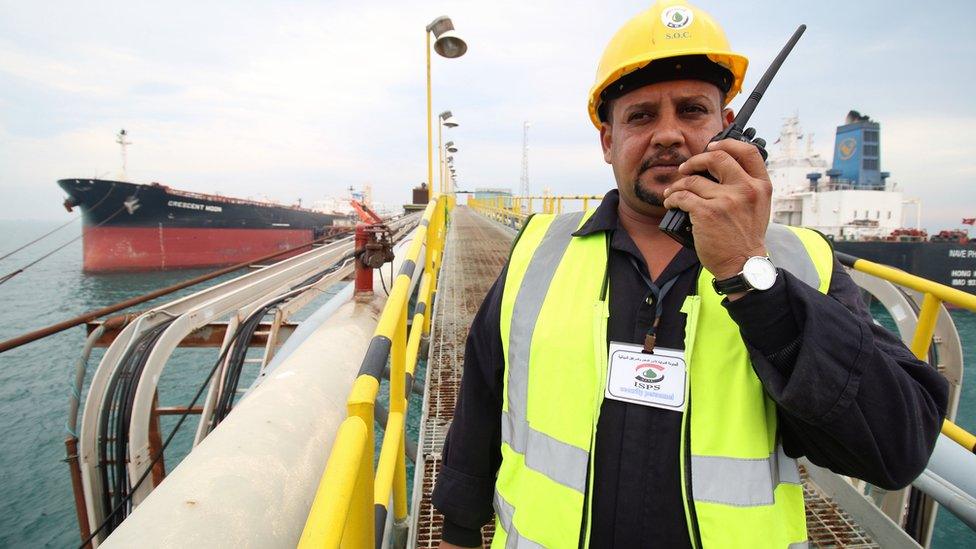
The Iraqi government said on Monday that oil output reached a record high in December, producing as much as 4.13m barrels a day.
Hans van Cleef, senior energy economist at ABN Amro in Amsterdam, said: "The news that Iraq has probably hit another record builds on the oversupply sentiment. The oversupply will keep markets depressed and prices low."
Iran, which has the world's fourth-biggest oil reserves, is also preparing to resume exports now that sanctions have been lifted.
A fall in the number of oil rigs in the United States, one of Opec's biggest production rivals, could reduce output, with Goldman Sachs predicting a decline of 95,000 barrels per day this year.
Analysts at Energy Aspects said global oil inventories would continue to rise in the next few months, but should start to decline by the summer.
- Published25 January 2016
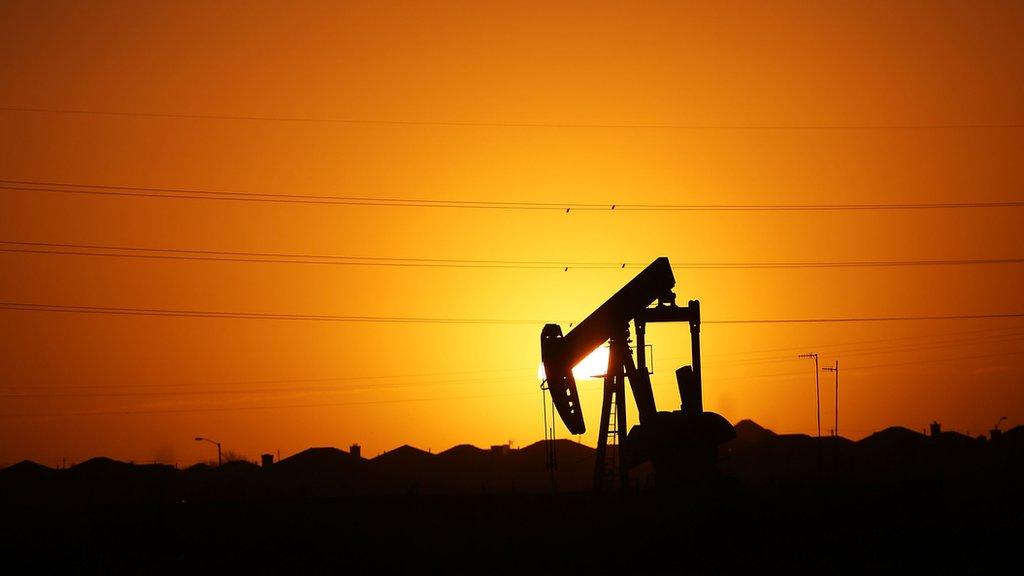
- Published26 January 2016
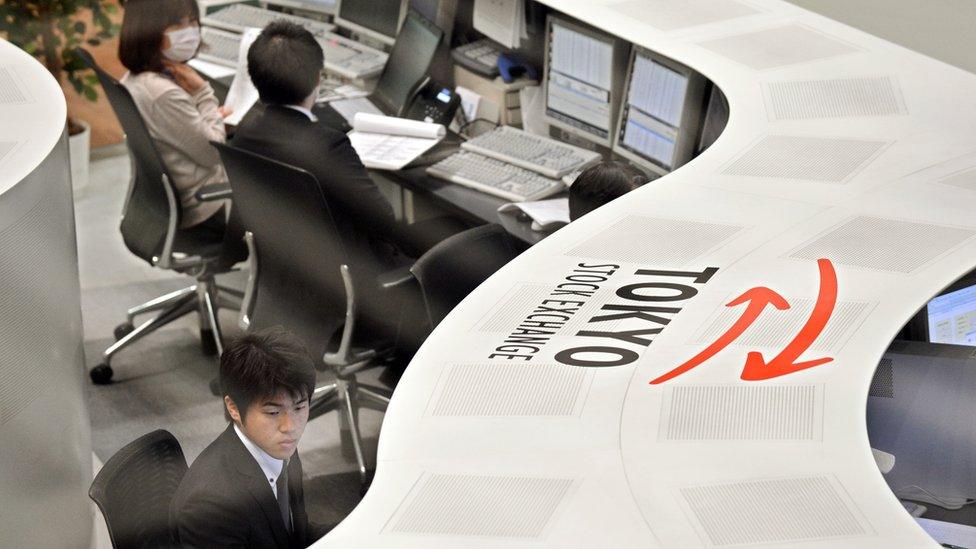
- Published25 January 2016
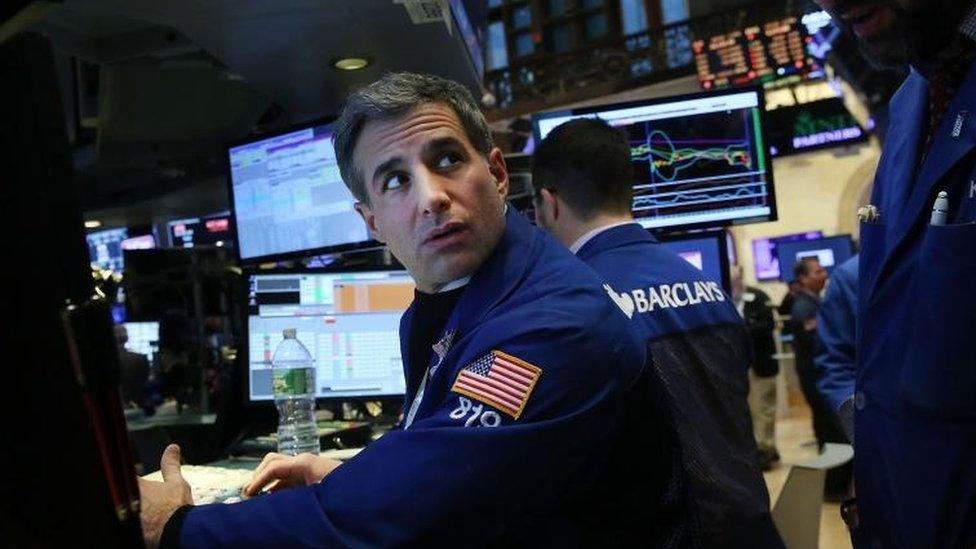
- Published25 January 2016
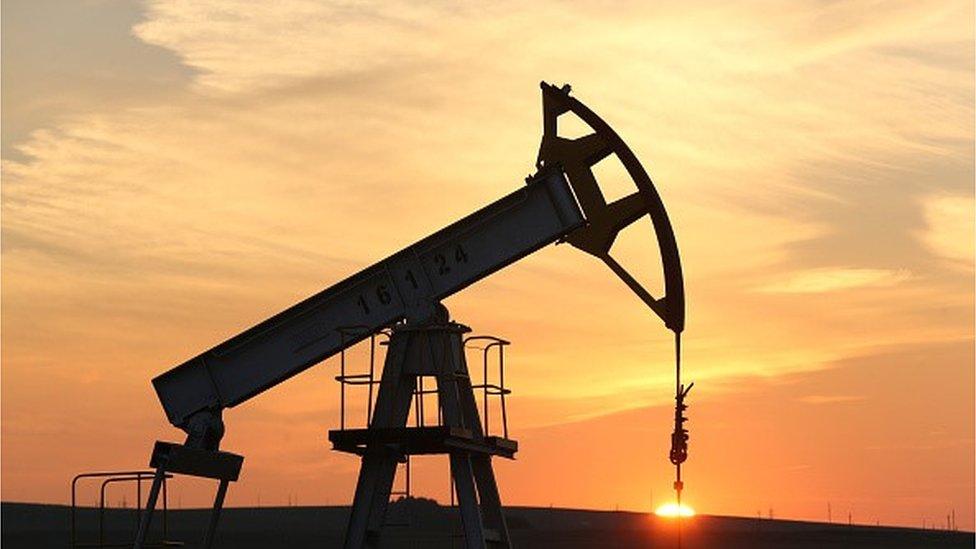
- Published18 January 2016
